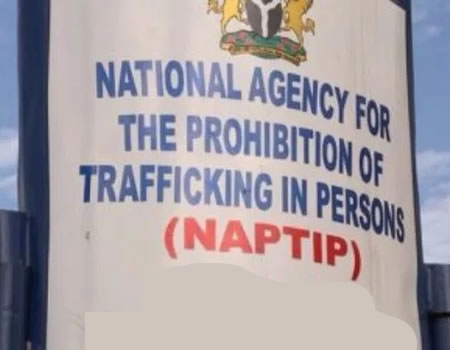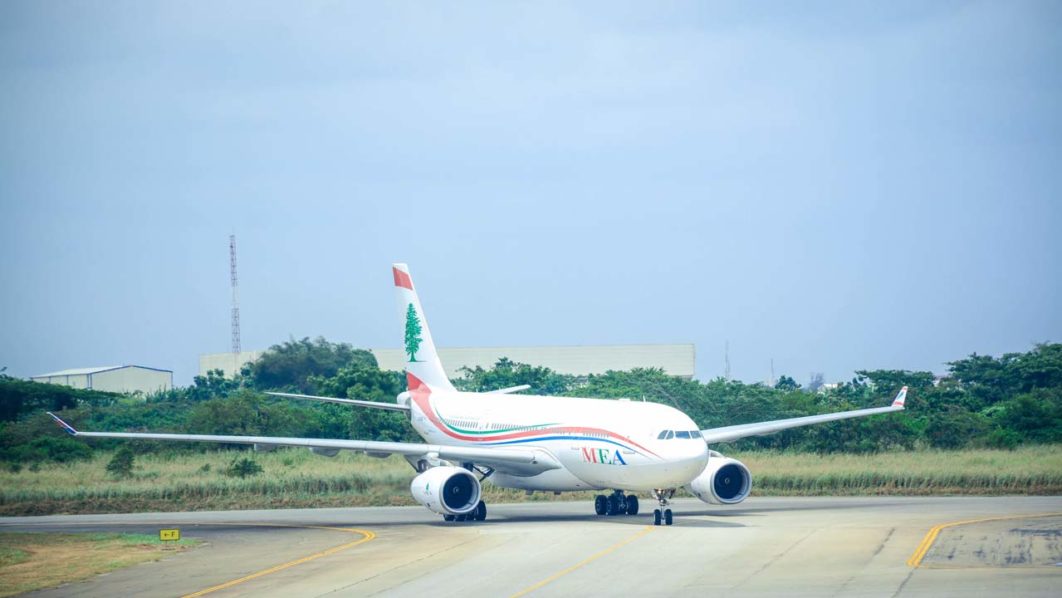Criminal Negligence, Poverty Behind Deadly Stampedes– Falana
Human rights lawyer Femi Falana (SAN) has decried the loss of over 105 lives in stampedes during food and cash distribution events in Nigeria, attributing the tragedies to “poverty-induced neoliberal economic policies” and “criminal negligence.”
In a statement released on Sunday, Falana, who chairs the Alliance on Surviving COVID-19 and Beyond (ASCAB), detailed the incidents and called for justice.
“These tragic events are a national shame,” he said. “The victims were not just statistics but human beings driven to desperation by systemic poverty and the gross incompetence of those entrusted with their safety.”
IThe latest tragedies occurred on December 21, 2024. In Okija, Anambra State, 12 people died, and 32 others were injured during a scramble for rice distributed by a philanthropist. On the same day, a stampede at Holy Trinity Catholic Church, Maitama, Abuja, claimed 10 lives, including children, as over 3,000 people jostled for palliatives.
Two days earlier, on December 19, 35 children were crushed to death at a Christmas funfair in Ibadan, Oyo State. The tragedy unfolded as the event began at Islamic High School, Basorun. “The loss of these innocent lives is heart-wrenching,” Falana said. “It underscores the indignity that poverty imposes on our people.”
In April 2024, nine people died in Sokoto at the residence of former governor Aliyu Wamakko during a chaotic palliative distribution. Similarly, in March 2024, seven people, including an eight-year-old girl, lost their lives at a charity event in Bauchi where ₦5,000 cash gifts were being distributed. Days earlier, two students died and 23 were injured during a state government palliative distribution at Nasarawa State University, Keffi.
The grim pattern dates back to May 22, 2022, when 30 people died in Port Harcourt, Rivers State, at a church charity event marred by overcrowding.
Falana criticised the elite for their treatment of the poor during such events. “No member of the elite invites others to lunch by throwing the food,” he remarked, condemning what he described as “class prejudice” in humanitarian aid distribution.
The Alliance on Surviving COVID-19 and Beyond announced plans to mobilise lawyers to pursue civil suits against organisers of these events. “We will ensure survivors and families of the deceased are adequately compensated,” Falana said. “Those responsible for these avoidable tragedies must be held accountable.”
He also called on the government to take decisive action to prevent further loss of lives.
“Enough is enough!” he declared. “These events reflect the harsh realities of inequality in our nation and the urgent need for systemic reforms to protect the dignity and lives of our citizens.”
Falana’s statement serves as a rallying cry for justice and reform, spotlighting Nigeria’s deepening poverty crisis and the human cost of neglect.





